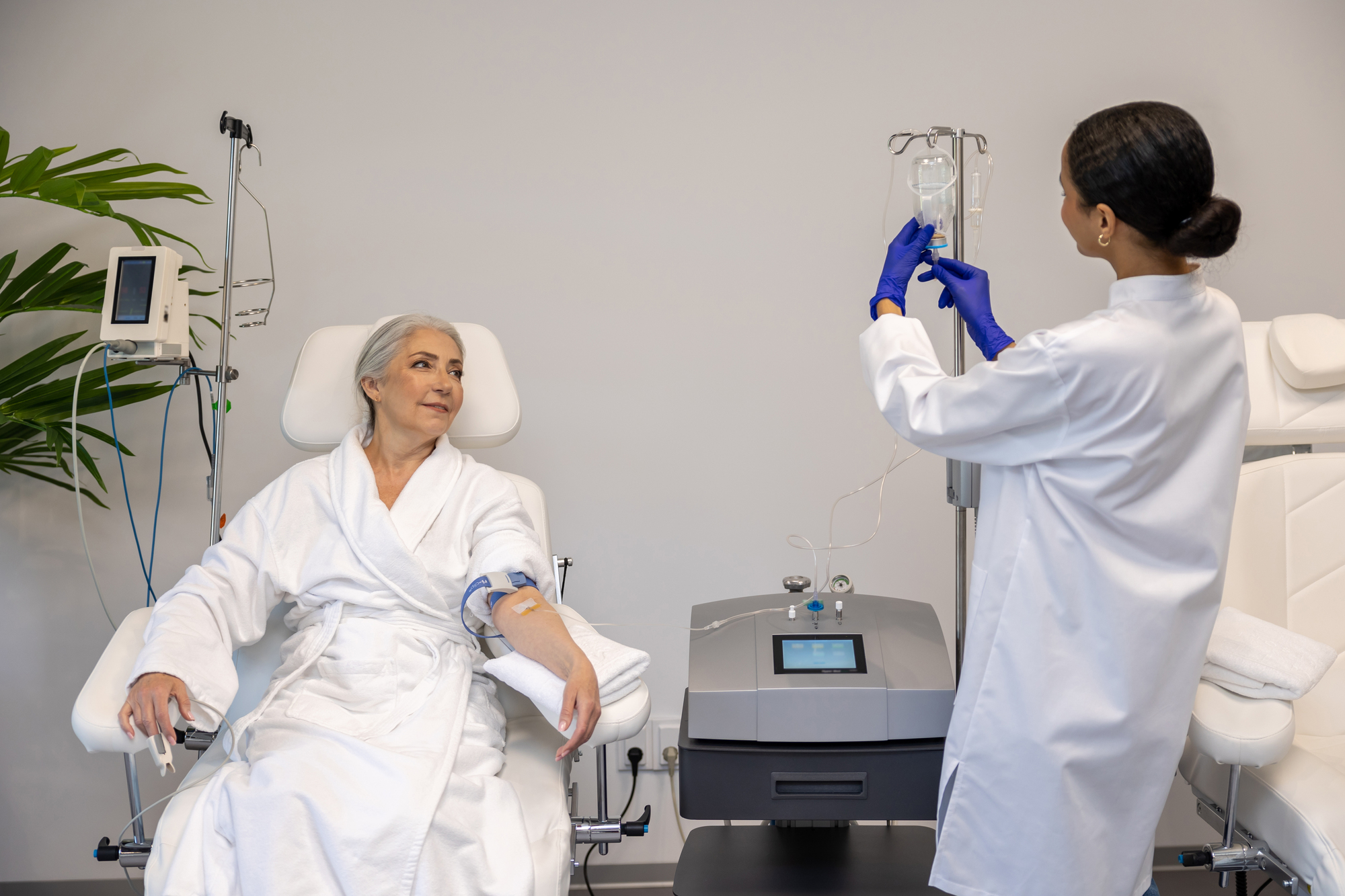
The wellness world is buzzing with talk about vitamin IV therapy, but with all the hype comes a fair share of misconceptions. From celebrity endorsements to social media claims promising miraculous results, it’s easy to get swept up in the excitement while losing sight of the facts. Let’s take a closer look at what vitamin IV therapy actually is and separate the legitimate benefits from the exaggerated claims.
Vitamin IV therapy involves delivering vitamins, minerals, and other nutrients directly into your bloodstream through an intravenous drip. This method bypasses your digestive system entirely, allowing for higher absorption rates than oral supplements. The concept isn’t new – hospitals have used IV nutrition therapy for decades to help patients who can’t absorb nutrients properly through their digestive tract.
Today’s wellness-focused IV treatments typically contain combinations of vitamins like B12, B-complex, C, and minerals such as magnesium and zinc. Some formulations also include amino acids or antioxidants like glutathione.
Myth #1: IV therapy works for everyone and cures everything
One of the biggest misconceptions is that vitamin IV therapy is a universal solution for fatigue, hangovers, immune problems, and just about any health concern you can imagine. While IV therapy can be beneficial for certain conditions and individuals, it’s not a magic bullet. Your body’s needs are unique, and what helps one person might not necessarily help another.
The truth is that most healthy individuals with balanced diets don’t need IV vitamin supplementation at all. Your kidneys are remarkably efficient at regulating vitamin and mineral levels, and excess water-soluble vitamins are typically filtered out through your urine.
Myth #2: More vitamins are always better
Just because something is delivered intravenously doesn’t mean “more is better.” Your body can only use what it needs, and some vitamins can actually be harmful in excessive amounts. Fat-soluble vitamins like A, D, E, and K can accumulate in your tissues and potentially cause toxicity. Even water-soluble vitamins, while generally safer in higher doses, can sometimes cause side effects when given in mega-doses.
Myth #3: IV therapy is completely risk-free
While generally safe when administered properly, IV therapy does carry some risks. Any time you introduce a needle into a vein, there’s potential for infection, bruising, or in rare cases, more serious complications like blood clots or allergic reactions. The sterility of the environment and the qualifications of the person administering the treatment matter significantly.
Myth #4: All IV therapy providers are the same
This couldn’t be further from the truth. The quality and safety of IV therapy can vary dramatically depending on where you go. Some facilities operate under strict medical supervision with qualified healthcare providers, while others might have less stringent oversight. The source and quality of the vitamins and nutrients used can also differ significantly.
Despite the myths, there are legitimate situations where IV vitamin therapy can be beneficial. People with certain medical conditions that affect nutrient absorption, such as Crohn’s disease, celiac disease, or chronic kidney disease, might benefit from IV supplementation under medical supervision.
Some individuals recovering from illness, dealing with severe dehydration, or experiencing certain nutritional deficiencies might also be good candidates. Athletes who have lost significant electrolytes through intense training or competition sometimes find IV therapy helpful for recovery.
Interestingly, some people do report feeling better after IV treatments, even when they’re not technically deficient in any nutrients. This could be due to the placebo effect, improved hydration, or simply taking time to rest during the treatment.
The scientific evidence supporting IV vitamin therapy for general wellness in healthy individuals is quite limited. Most studies focus on specific medical conditions rather than general health enhancement. While the therapy isn’t necessarily harmful for most people, the dramatic claims about energy boosts, immune system enhancement, and anti-aging effects aren’t strongly supported by rigorous scientific research.
That said, research is ongoing, and our understanding of optimal nutrition delivery continues to evolve. What’s important is approaching these treatments with realistic expectations based on current evidence rather than marketing claims.
If you’re considering IV vitamin therapy, think about your motivation. Are you dealing with a specific health concern, or are you hoping for a general wellness boost? Have you had blood work done to identify any actual nutritional deficiencies?
It’s also worth examining your current lifestyle. Sometimes fatigue, low energy, or frequent illness can be addressed through improvements in sleep, nutrition, exercise, or stress management rather than supplemental treatments.
The setting and supervision matter too. Medical facilities with qualified healthcare providers can better assess whether you’re a good candidate for IV therapy and monitor you for any adverse reactions.
Vitamin IV therapy isn’t the miracle cure that some claim it to be, but it’s not necessarily harmful either when used appropriately. Like many wellness treatments, the reality lies somewhere between the extreme hype and complete dismissal. The key is having realistic expectations and making decisions based on facts rather than marketing messages.
If you’re curious about whether IV vitamin therapy might be right for your specific situation, consider discussing it with a qualified healthcare provider who can evaluate your individual needs and health status. They can help you determine whether IV therapy makes sense for you or if there are other approaches that might better address your health concerns.
For personalized guidance about IV vitamin therapy and whether it aligns with your health goals, contact the experienced team at Family Medicine Austin at 512-872-6868. With convenient locations in both Austin and Leander, their providers can help you make informed decisions about your wellness journey based on your unique health profile and needs.